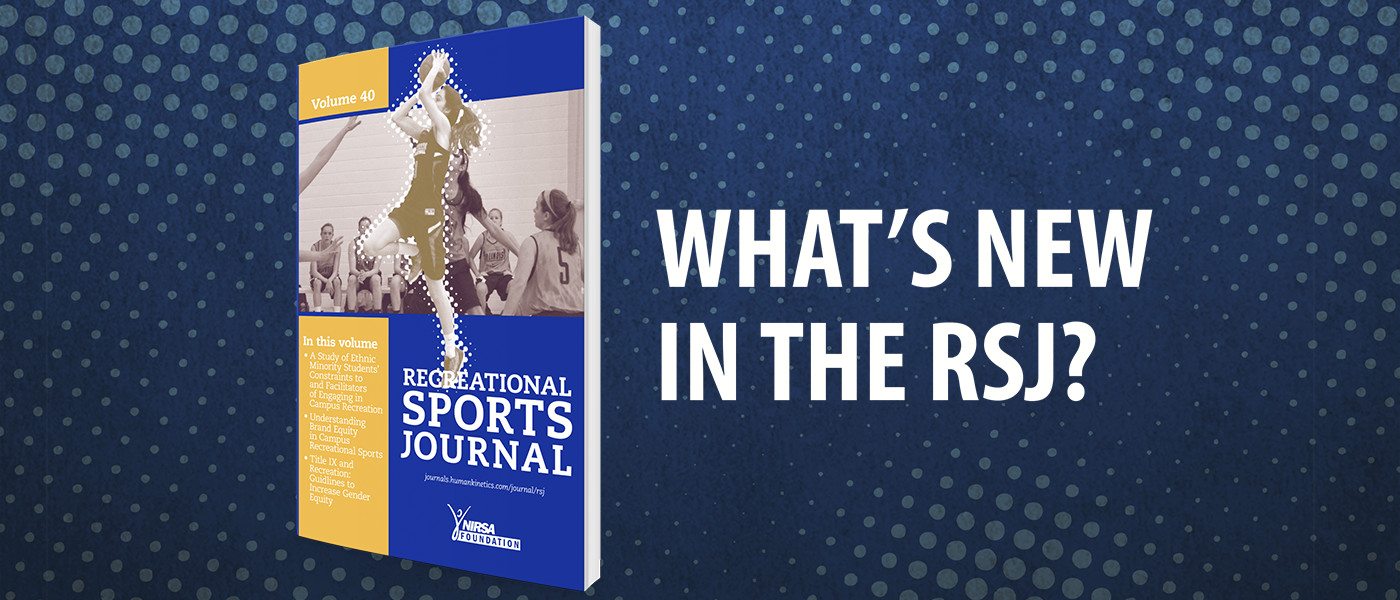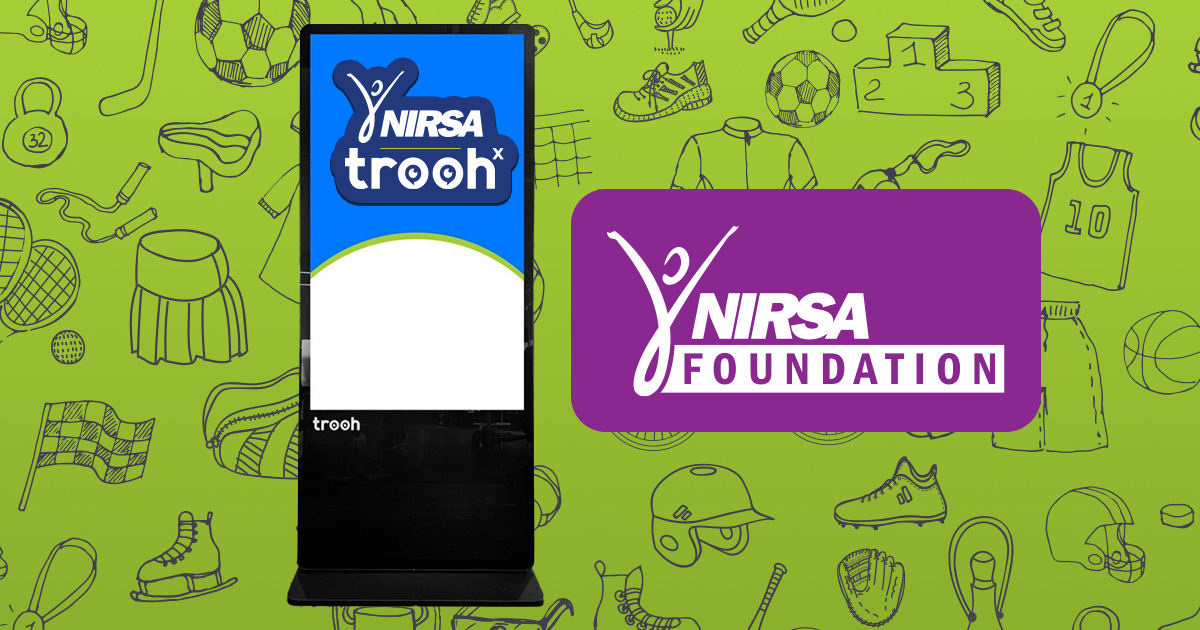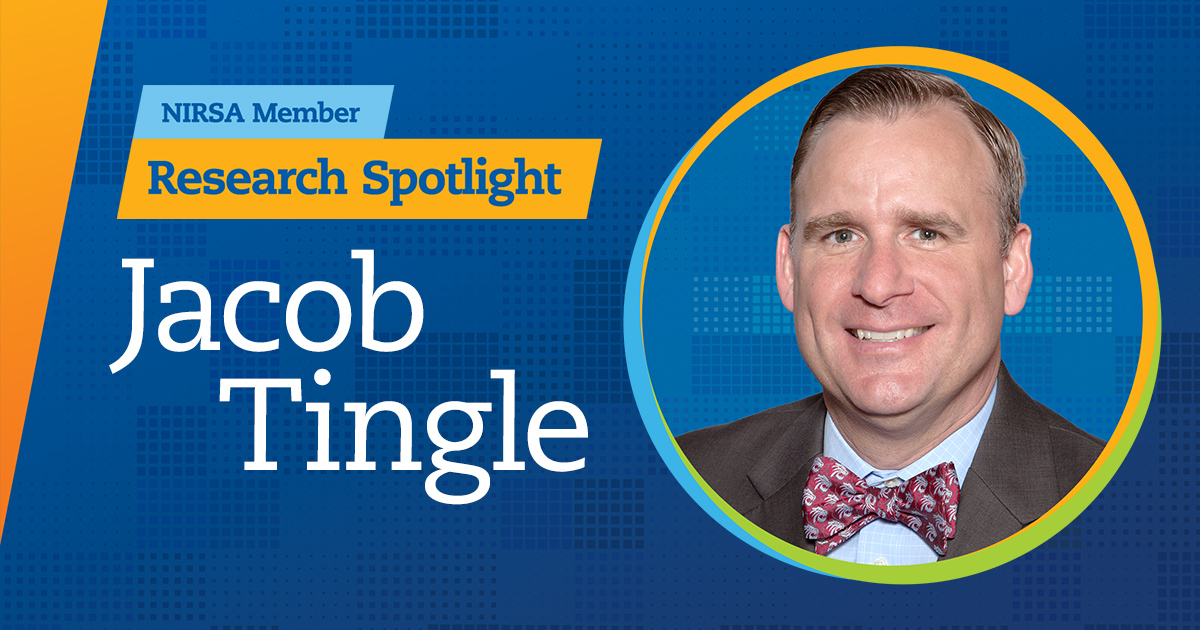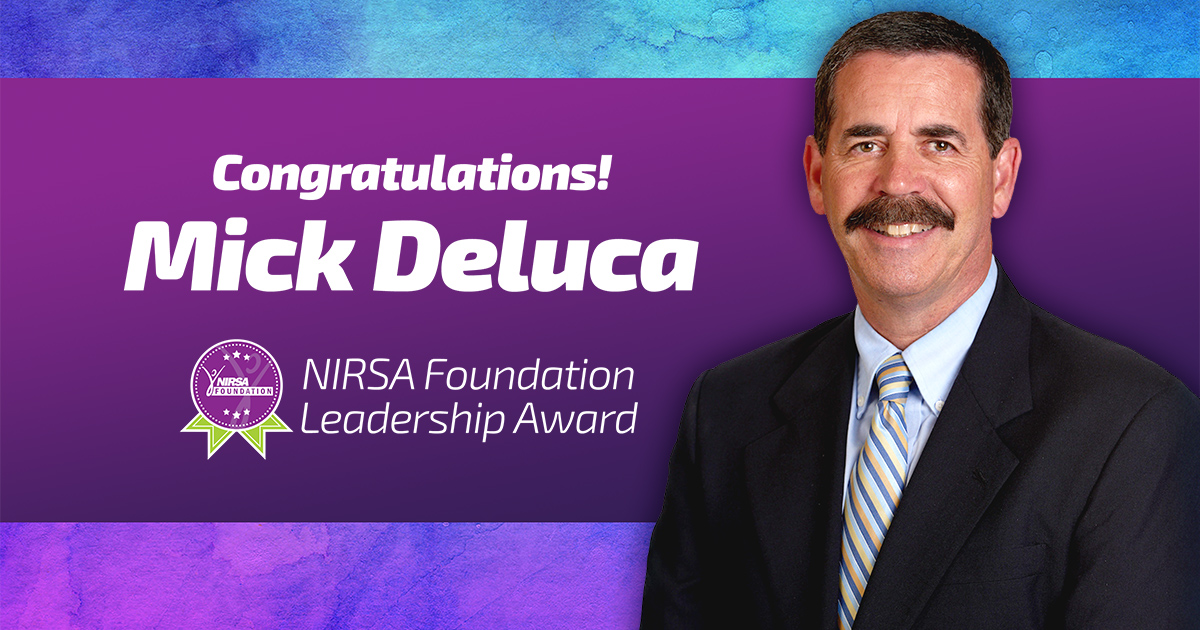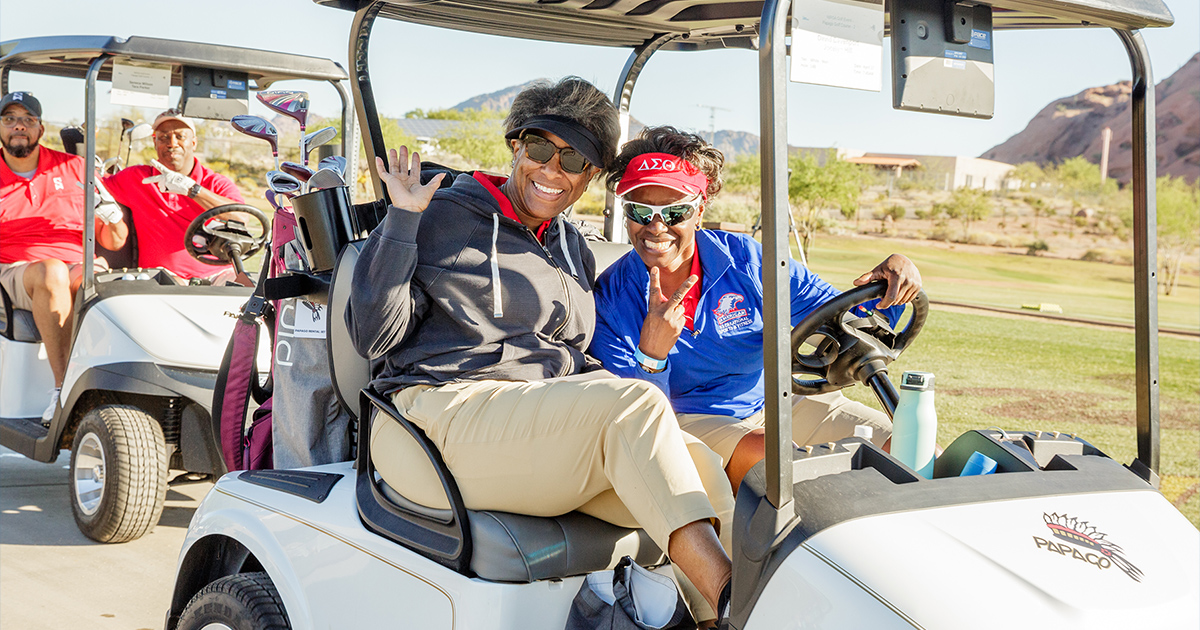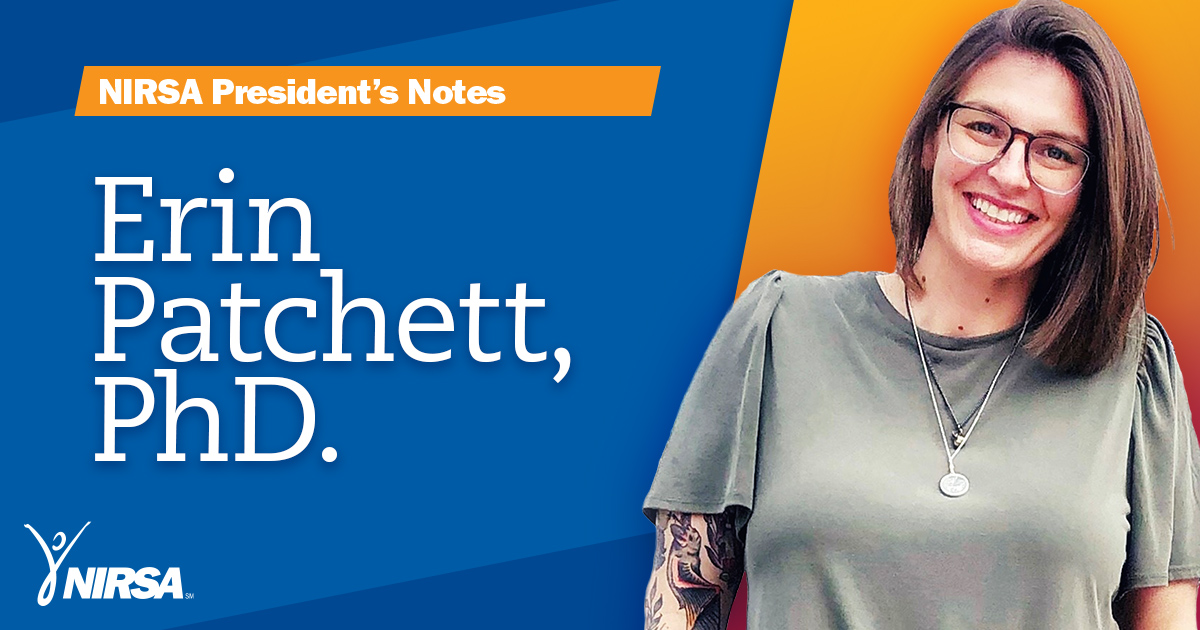In the most recent issue of the Recreational Sports Journal (Volume 41, Issue 2), two articles discuss how students attain and develop career-readiness skills through co-curricular employment in collegiate recreation. The first study, “The assessment of transferable skills in a campus recreation program: An exploratory case study on how professionals teach and how student employees learn” by Drs. Clay Bolton and Anthony Rosselli, offers insight into how student and professional staff view student employee experiences in the context of ten transferable job skills. These ten skills were first presented in a 2015 NACA and NIRSA white paper and are described as the skills employers most look for when hiring recent graduates.
For this project, the researchers interviewed and surveyed both undergraduate students and staff—both graduate assistants and professionals—about how often students had opportunities, or staff provided students with opportunities, to practice these ten skills. The results demonstrate that student workers have opportunities on an almost daily basis to practice these ten skills. For example, they report that student workers in aquatics have opportunities to communicate with patrons and fellow staff through personal interactions or reports, they make decisions about safety and assess risk, and they learn technical skills in operating aquatics equipment and features. Those in leadership positions also learn to lead and influence other student workers. The various program areas within a recreation department—particularly aquatics—are rife with opportunities for job skills development. The authors also suggest that students do need opportunities to reflect on the skills they’re learning and using daily.
The second study, “It made me want to be that spark: A case study of the experiences of college student group exercise instructors” by Director of Campus Recreation at Robert Morris University Dr. Armand Buzzelli, describes the experiences of various fitness instructors in the development of soft skills like pubic speaking, time management, and conflict resolution. Dr. Buzzelli interviewed a cohort of current and former group exercise instructors for their perspectives on the perceived benefits of working in collegiate recreation. All participants reported that their own physical fitness was the main reason they decided to pursue group exercise instruction as a job. Interestingly, most did not view their work experiences in terms of professional or leadership development even though they were able to articulate clear examples of both. For instance, they described how their interactions with patrons gave them greater confidence in speaking publicly, in resolving conflicts, and in serving as role models. Most participants also reported that their jobs in recreation pushed them onto a path of continued self-improvement. The results demonstrate that the development of these soft skills, while obvious to the outside observer, may be difficult for student staff to fully realize and articulate.
These studies add to the growing body of evidence supporting the notion that students who work in collegiate recreation develop job skills that prepare them for the workforce. The concept that collegiate recreation can serve as the vehicle through which students develop in this way is a topic of growing prominence for NIRSA and other higher education associations and organizations.
Both studies also establish the need for student workers to reflect during their employment and after graduating so they can demonstrate and articulate to employers these desirable soft skills. In most cases, student workers had not considered their recreation work experiences in the context of professional development. Students must be given structured opportunities to develop an awareness and a vocabulary that allows them to communicate their experiences in the context of job skills development. Best practices for how these opportunities are delivered in the various programmatic areas within a recreational facility have yet to be developed, but professionals should continue to strive to enhance this awareness in their student staff.
- For more information, please contact NIRSA Research Coordinator Ruben Guzman.
Ruben Guzman is currently the Research Coordinator at NIRSA


